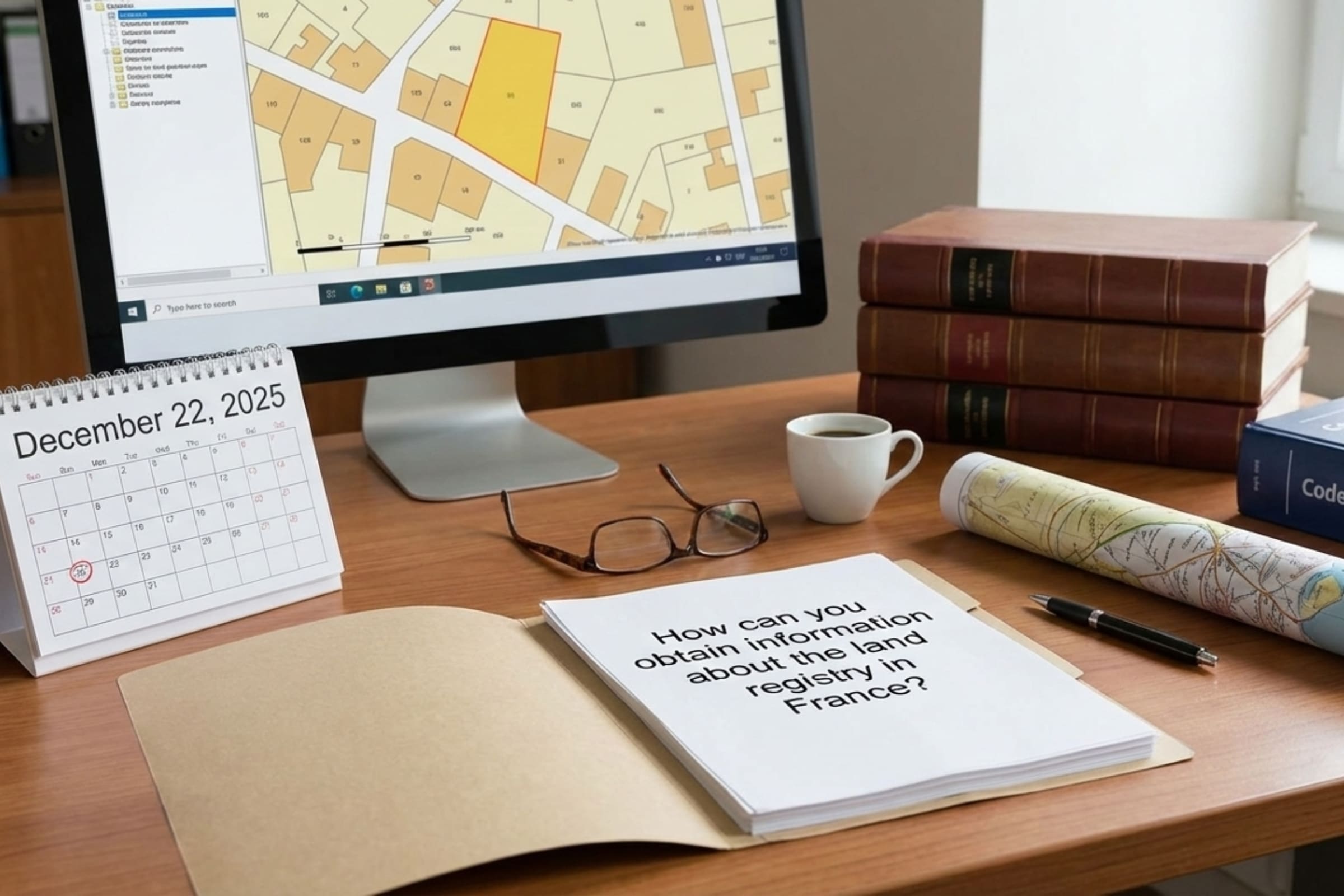Introduction
Diplomatic status confers on its beneficiaries a set of privileges and immunities designed to ensure the effective exercise of their functions in international relations.
These protections are based on the 1961 Vienna Convention on Diplomatic Relations, which codifies rules of customary international law.
-
Personal inviolability and property
Diplomats enjoy personal inviolability, which means that they cannot be arrested or detained by the authorities of the receiving State, except in the case of a crime or flagrant offence.
This protection also extends to their property, in particular their personal baggage, which is inviolable except in the event of a crime or flagrant offence.
Diplomats may not be arrested or detained by the French authorities.
-
Immunity from jurisdiction
Diplomatic immunity is a principle of international law which aims to guarantee the security and independence of diplomats so that they can carry out their duties without the risk of infringement of foreign law.
According to this legal axiom, members of the diplomatic corps are exempt from the jurisdiction of the authorities of the host country in which they are present.
Diplomatic agents enjoy immunity from jurisdiction for acts performed in the exercise of their official functions.
This immunity covers their words and writings and continues even after they have ceased to hold office.
In criminal matters, this immunity is absolute and applies regardless of the nature of the acts (jure imperii or jure gestionis).
However, diplomats are obliged to respect the laws and regulations of the receiving State, although this does not entail the automatic loss of their privileges and immunities (see article 31 and article 41 of the Vienna Convention).
This means that they cannot be prosecuted or summoned before French courts for acts carried out in the exercise of their official duties.
There is a rule that all French diplomats must follow.
In the case of international civil servants enjoying diplomatic privileges, such as those of UNESCO, the waiver of immunity may be decided by the Director-General of the organisation.
According to the decision of the Court of Cassation, 1st Civil Chamber, No. 03-83.452, the waiver of diplomatic immunity was requested by the public prosecutor and accepted by UNESCO to allow a criminal investigation into serious facts.
In another judgment, although this was a divorce case, the Court held that immunity from jurisdiction applies only to acts performed by UNESCO officials in the course of their official duties.
The acts relied on by Ms X in support of her application for divorce did not fall into this category, which justified the refusal of immunity.
-
Taxes and tax status
In addition, diplomats are exempt from most French national and local taxes, including income tax and property tax, on their official income and, in many cases, on goods imported for their personal use.
Diplomats may import certain goods for their personal use without paying customs duties or taxes.
In addition, French diplomats and their families are exempt from immigration restrictions, alien registration requirements and compulsory service in France.
In times of international crisis, diplomats and their families benefit from the same repatriation facilities as French diplomatic staff abroad.
These privileges are not granted on a personal basis but are intended to ensure the smooth running of diplomatic missions.
Any abuse of these privileges can result in a diplomat being declared persona non grata and expelled from France, although prosecutions are rare unless immunity is waived by the diplomat’s home country.
Conclusion
In summary, French diplomats enjoy extensive legal protection, tax exemptions and special administrative facilities when serving abroad, in accordance with international diplomatic standards and French law.
Med venlig hilsen / Kind regards
Cabinet Nicolas BRAHIN
Advokatfirma i NICE, Lawyers in NICE
Camilla Nissen MICHELIS
Assistante – Traductrice
1, Rue Louis Gassin – 06300 NICE (FRANCE)
Tel : +33 493 830 876 / Fax : +33 493 181 437










